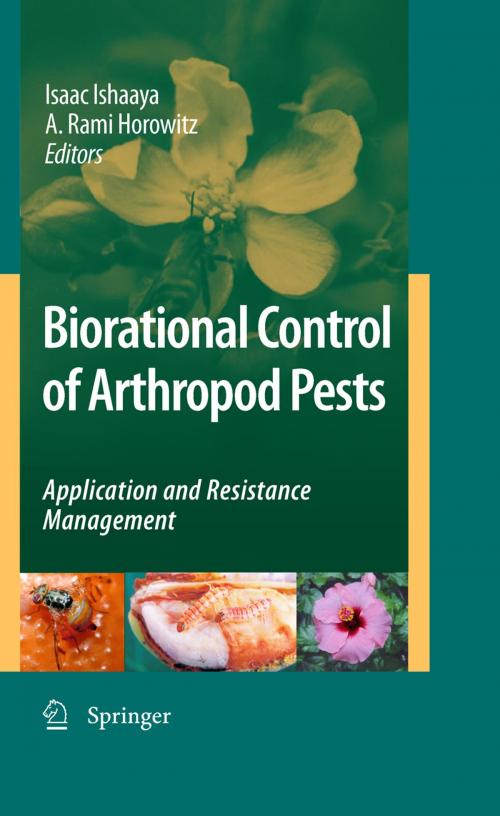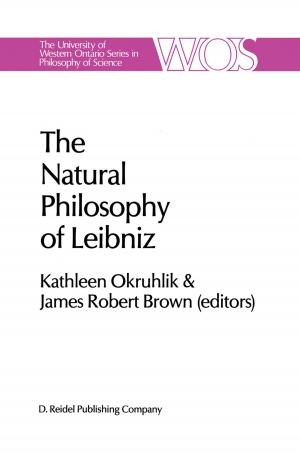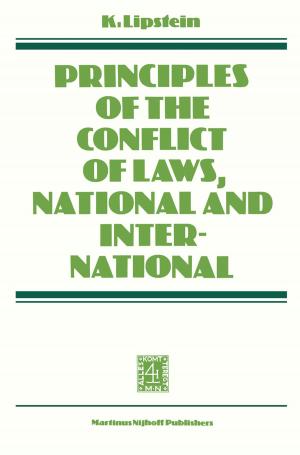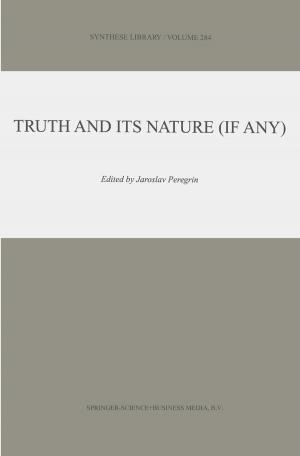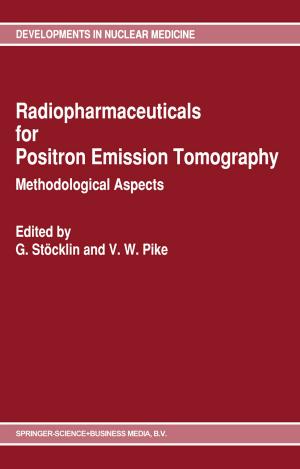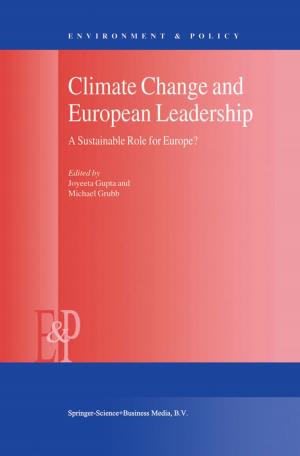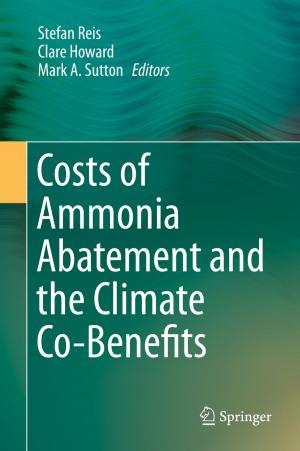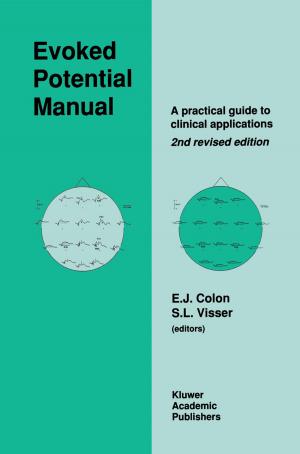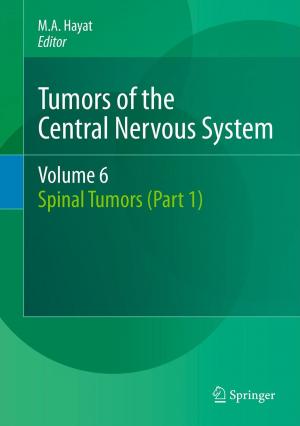Biorational Control of Arthropod Pests
Application and Resistance Management
Nonfiction, Science & Nature, Science, Biological Sciences, Entomology, Botany| Author: | ISBN: | 9789048123162 | |
| Publisher: | Springer Netherlands | Publication: | August 28, 2009 |
| Imprint: | Springer | Language: | English |
| Author: | |
| ISBN: | 9789048123162 |
| Publisher: | Springer Netherlands |
| Publication: | August 28, 2009 |
| Imprint: | Springer |
| Language: | English |
For nearly 50 years, pest control was mostly based on broad-spectrum conv- tional insecticides such as organochlorines, organophosphates, carbamates and pyrethroids. However, the severe adverse effects of pesticides on the environment, problems of resistance reaching crisis proportions and public protests led to stricter regulations and legislation aimed at reducing their use. Ways to reduce the use of synthetic pesticides in plant protection and to use more alternative and novel me- ods for pest control or biorational control are the challenges of pest control for the twenty-first century. The term biorational (biological + rational) pesticides can be defined as the use of specific and selective chemicals, often with a unique modes of action, that are compatible with natural enemies and the environment, with minimal effect on n- target organisms. Biorational control is based on a diversity of chemical, biological and physical approaches for controlling insect pests which results in minimum risk to man and the environment.
For nearly 50 years, pest control was mostly based on broad-spectrum conv- tional insecticides such as organochlorines, organophosphates, carbamates and pyrethroids. However, the severe adverse effects of pesticides on the environment, problems of resistance reaching crisis proportions and public protests led to stricter regulations and legislation aimed at reducing their use. Ways to reduce the use of synthetic pesticides in plant protection and to use more alternative and novel me- ods for pest control or biorational control are the challenges of pest control for the twenty-first century. The term biorational (biological + rational) pesticides can be defined as the use of specific and selective chemicals, often with a unique modes of action, that are compatible with natural enemies and the environment, with minimal effect on n- target organisms. Biorational control is based on a diversity of chemical, biological and physical approaches for controlling insect pests which results in minimum risk to man and the environment.
